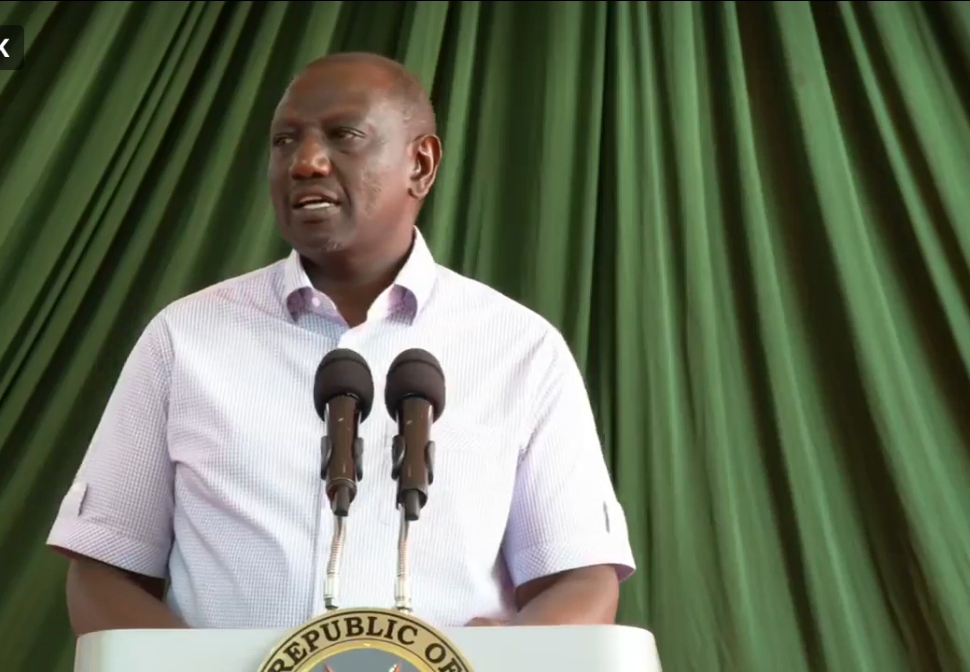Ruto assents to IEBC bill, set to declare posts vacant
By Rawlings, January 24, 2023President William Ruto has signed the Independent Electoral and Boundaries Commission (IEBC Amendment) Bill into law.
The bill, which was passed by the Senate during a special sitting, sought to alter the composition of the Selection Panel that oversees the filling of vacant positions at the IEBC.
The National Assembly had approved that the seven-member selection panel should consist of two persons nominated by the Parliamentary Service Commission (PSC), one person nominated by the Public Service Commission (PSC), one person by the Political Parties Liaison Committee (PPLC), one by the Law Society of Kenya (LSK) and two by the Inter-Religious Council of Kenya (IRCK).
The same line-up was approved by the Senate and has now become law.
This was after the Senate’s Justice and Legal Affairs Committee report suggested that the bill be amended to reduce the number of nominees by PSC from two to one, while PPLC should get two slots instead of one, as approved by the National Assembly.
The bill had sought to comply with a court judgement in the petition: Okiya Omtatah vs Attorney General and five others, in ensuring no single entity nominated the majority of members, thus getting undue power.
The President has until today to declare the vacant positions at the commission, which will pave the way for the recruitment of new commissioners.
Section 7A (2) of the IEBC Act provides the President shall declare a vacancy in the commission within seven days of the occurrence of a vacancy in the office of the chairperson or a member of the commission.
Six positions, including that of the chair, are up for grabs following the retirement of Wafula Chebukati (chair), Boya Molu and Abdi Guliye. Three commissioners—Juliana Cherera, Justus Nyang’aya and Francis Wanderi—resigned last year rather than face a tribunal to investigate their conduct. The seventh commissioner Mary Massit is facing a tribunal seeking to remove her from office.
More Articles

